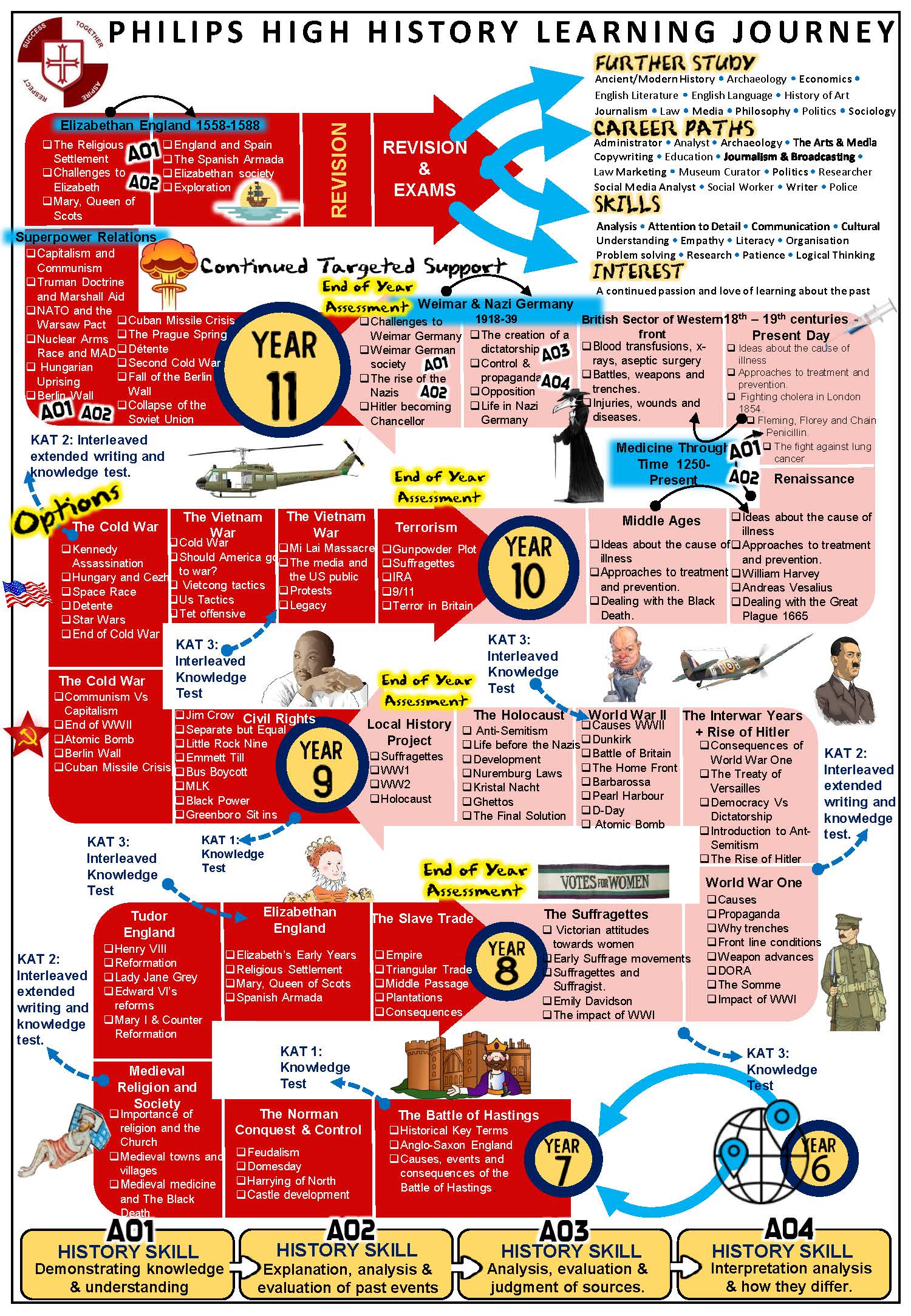Introduction
The history department has three full time members of staff.
The National Curriculum for history aims to ensure that all pupils:
- Know and understand the history of these islands as a coherent, chronological narrative, from the earliest times to the present day: how people’s lives have shaped this nation and how Britain has influenced and been influenced by the wider world
- Know and understand significant aspects of the history of the wider world: the nature of ancient civilisations; the expansion and dissolution of empires; characteristic features of past non-European societies; achievements and follies of mankind
- Gain and deploy a historically grounded understanding of abstract terms such as ‘empire’, ‘civilisation’, ‘parliament’ and ‘peasantry’
- Understand historical concepts such as continuity and change, cause and consequence, similarity, difference and significance, and use them to make connections, draw contrasts, analyse trends, frame historically-valid questions and create their own structured accounts, including written narratives and analyses
- Understand the methods of historical enquiry, including how evidence is used rigorously to make historical claims and discern how and why contrasting arguments and interpretations of the past have been constructed
Curriculum intent
We believe history should:
- Contribute to the knowledge and skills that our pupils will need in order to take advantage of opportunities, responsibilities and experiences prized in adult life
- Address some of the social disadvantages a significant number of our pupils have
We believe knowledge is the golden thread that runs through our subject on which pupils' skills develop. This involves:
- Using a research and evidence based approach to teaching
- A curriculum which is planned and sequenced so that new historical knowledge and skills build on what has been taught before and towards clearly defined end points
- A curriculum which is constantly building towards what pupils need to know and what they need to do to be able to reach those end points
- A history curriculum that reflects our local context and addresses typical gaps in their historical knowledge and skills
We want our pupils to know and understand the history of the nation of which they are part. Pupils should:
- Have a coherent chronological narrative of from the earliest times to the present day
- Know how the lives those before them have shaped the wider world and world in which they live
- Evaluate the significance of the past world events that have shaped our past and influence the future
- A broad and deep historical vocabulary which will give them depth and understanding in other areas of life
- Apply historical concepts such as continuity and change, similarity and difference, cause and consequence and significance, and use them to make connections
- Draw contrasts, analyse trends, frame historically-valid questions and create their own structured accounts, written narratives and analyses
- Discern how and why contrasting arguments and interpretations of the past have been constructed
- Analyse the methods of historical enquiry, including how evidence is used rigorously to make historical claims
Ultimately, we are building an ever-adapting history curriculum to provide our pupils the essential historical knowledge they need to be well-rounded, educated, questioning citizens with an appreciation of human achievement and creativity.
Outside the classroom
Outside of the curriculum and classroom we promote the love of history through our extra-curricular club. Currently we have a 'Making History Club' that runs every week. The focus of this group is to develop pupils' love and passion for history by designing and making historical models.
In addition to this, we are able as a department to take pupils out of the classroom where they can explore curriculum learning for that year. Opportunities are as follows:
- Year 7 – Liverpool Slavery Museum TBC
- Year 8 – Imperial War Museum TBC
- Year 9 – TBC
- Year 10 – TBC
- Year 11 – TBC
What do students study in history?
Key stage 3 curriculum overview
- 1066
- Medieval life
- The Tudors
- Slavery
- Local history project (Liverpool and Manchester)
- Liberal reforms
- Suffragettes
- WW1
- WW2
- The Holocaust
- Civil rights
- The Cold War
- The Vietnam War
- Terrorism
Key stage 4 curriculum overview
- Medicine through time
- Germany 1919-193
- Superpower relations 1943-91
- Elizabethan England 1553-1558
Learning journeys




